Harvard University claims that consuming too much protein might harm the kidneys. Kidney stones are more likely when there is excessive protein consumption. Therefore, you should avoid these meals since they are bad for your kidneys.
Proteins are among the meals that affect kidneys and should be avoided since they produce ammonia after digestion, a toxin that the energetic kidney must remove.
Similar to this, the kidney is a bean-shaped organ with several crucial roles. They are in charge of blood filtration, eliminating waste from urine, preserving fluid and mineral balance, and producing hormones.
In addition, a variety of factors, the most common of which are excessive blood pressure and uncontrolled diabetes, may result in renal disease. Additionally, the condition may be brought on by alcoholism, heart problems, the hepatitis C virus, and HIV.
However, limiting or eliminating some items from the diet might lessen waste buildup in the blood, enhance kidney function, and stop future harm.
The foods listed below are bad for the kidneys, so stay away from them from now henceforth.
- Dairy products
- Bananas
- Brown Rice
- Packaged foods
- Pickles
- Canned foods
- Apricot
- Avacado
- Tomato
- Whole wheat bread
- Dark sodas
- Dried fruits
- Leafy cabbage
- Oranges
- Potatoes
- Processed meats
- Snacks
If you have renal disease and are receiving dialysis, all you need to do is restrict or completely avoid certain foods.
- Dairy products
Potassium and phosphorus are present in dairy products, however, protein level is still a concern for renal failure. Furthermore, because damaged kidneys have trouble filtering the byproducts of protein digestion, an excessive amount of protein in the diet might result in an excessive amount of protein waste in the blood.
In addition, it is difficult for the kidneys to eliminate too much protein, which may result in digestive issues, cardiac issues, and weight gain.
- Bananas
Bananas high in potassium decreased renal function. While pineapple is generally kidney-friendly, tropical fruits are often heavy in potassium. Additionally, keeping potassium levels low may avoid hyperkalemia, a risky condition when the blood has too much potassium. Hyperkalemia may seriously harm the heart in patients with renal failure.
- Brown Rice
Brown rice contains more potassium and phosphorus than white rice, which puts undue stress on the damaged kidney. You may include some brown rice in a well-balanced renal diet by regulating the serving size.
- Packaged Foods
The main ingredient in ready-to-eat meals is sodium. It is advised to avoid this at all costs due to the high salt content of the kidneys as well as the fact that these meals are often nutrient-dense.
- Pickles
After a renal meal, you should limit salty items like pickles, pickled cucumbers, olives, and sweets. Choose a sodium-free option (if any).
- Canned Foods
Because of how convenient they are, canned soups and veggies are quite common. While the high salt level of these products may be sustained over time, there is also a chance of kidney damage.
- Apricot
Apricot is rich in potassium and excellent for fiber. A pricots are not the best for those with kidney illness. Potassium content is even higher than dry apricots and should be avoided altogether in the kidney diet.
- Avocado
Healthy individuals should eat avocados, but those with kidney issues should avoid them. Additionally, it has around twice as much potassium as bananas.
- Tomatoes
The potassium in tomatoes makes them hazardous. Unfortunately, many diets and products include these fruits. Red pepper paste can be used as a healthier substitute for ketchup.
- Whole wheat bread
Whole wheat bread is healthier because of its high fiber content because whole grains and bran contain more potassium and phosphorus than refined grains alone. As a result, eating white bread is advised for kidney sufferers. Bone fragility and fracture risk are increased by an excess of phosphorus.
- Dark Soda
Phosphorus is an ingredient in the additives for these beverages, which also improve flavor and lengthen shelf life. These additives can be dangerous even though they are appropriate for drinks.
In this condition, absorption into the bloodstream is simple, but it is challenging to remove the additional values together with the damaged stones.
Also, get Latest Songs Here..Six9ja Music.
- Dried fruits
All nutrients are abundant in dried fruits. Dates, raisins, and prunes are healthy foods that are high in potassium. It ended up being five times the original. In other words, dried fruits shouldn’t be a part of a renal diet.
- Leafy cabbage and veggies
Due to their high potassium level, spinach, sugar beet, and other high cabbage foods do not cause kidney damage. It is better to completely exclude it from your diet because it contains a lot of potassium when cooked.
- Oranges
Oranges have a high potassium content, which is highly harmful for people with kidney problems. Attempt grapes, apples, and cranberries.
- Potatoes
Potassium levels in potatoes and sweet potatoes are extremely high. By soaking the food in water before cooking, you can lower the potassium content. This “rinse” procedure is appropriate for persons with impaired kidneys because it drastically lowers the potassium concentration while leaving some potassium behind.
- Processed Meat
Because it is linked to several serious health issues, everyone should avoid it (not just those with kidney disease).
- Snacks
Fries, cookies, and pretzels are all wonderful but quite salty. By avoiding these foods, you can lower your sodium intake and keep your kidneys safe from further pressure.
- Sardines
Purine-rich meals should not be consumed, especially if kidney stones have already occurred. Sardines are rich in the pudding, therefore it’s recommended to avoid including them in your diet to protect the health of your kidneys.
- Artificial sweeteners
Many people think it’s safe and healthy to include artificial sweeteners in their diet. They admit that calorie-free artificial sweeteners don’t exist. However, the truth is that artificial sweeteners can have a significant effect on kidney functions. Stevia should be used as a substitute for all artificial sweeteners.
- Salt
Your heart and kidneys can suffer harm from too much sodium. Glucose, sodium chloride, and anti-caking compounds are all included in table salt. Additionally, the kidneys are highly threatened by the 40% sodium level.
Inadequate salt intake results in significant water retention, increased blood volume, and severe kidney and cardiovascular system fatigue.
Your kidney damage may result from a variety of reasons and events, but with the proper support, your kidneys can still work normally. Similar to this, dietary modifications may help your kidneys, depending on how ill you are.
- Conclusion
Although there are numerous items to avoid, eating for the kidneys is not dangerous. You may eat healthy and guard against kidney disease with the right care and hydration.
Get Latest New News Here, Were Are Updating 247 >> Six9ja News<<
Do you find Six9ja useful? Click here to give us five stars rating!
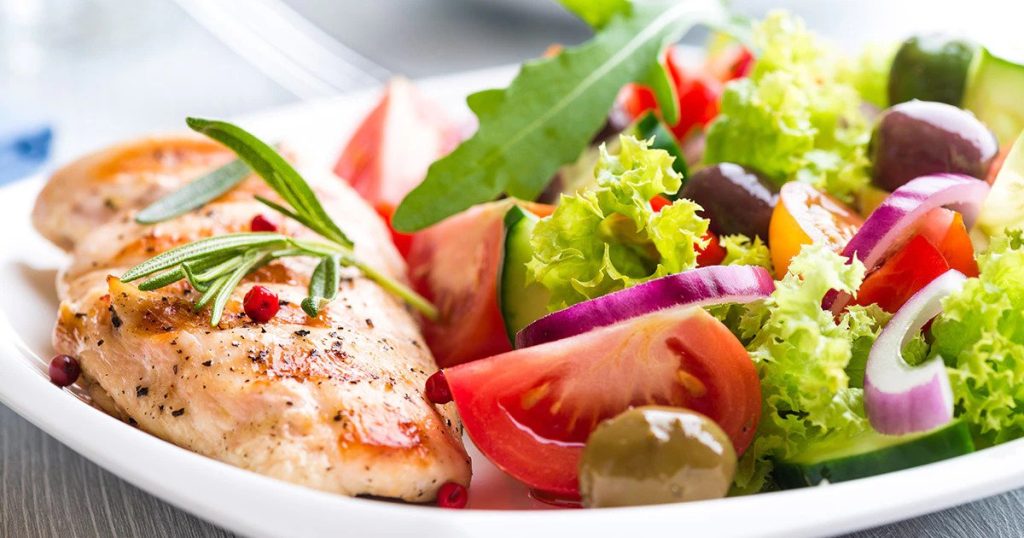




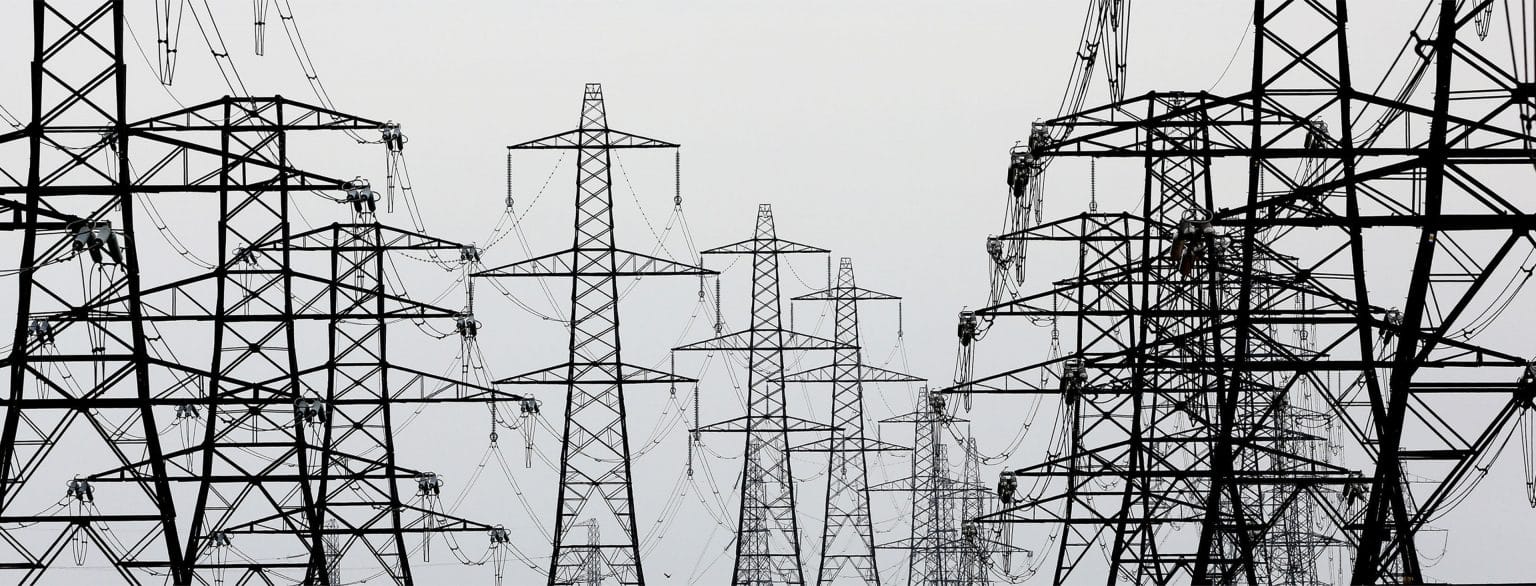




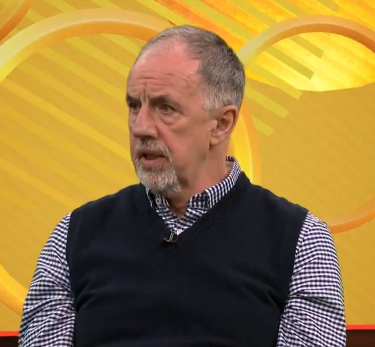

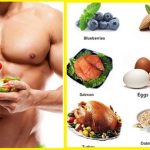
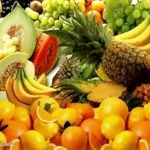



Tel U
2 years ago
This is really interesting, You are an overly skilled blogger.